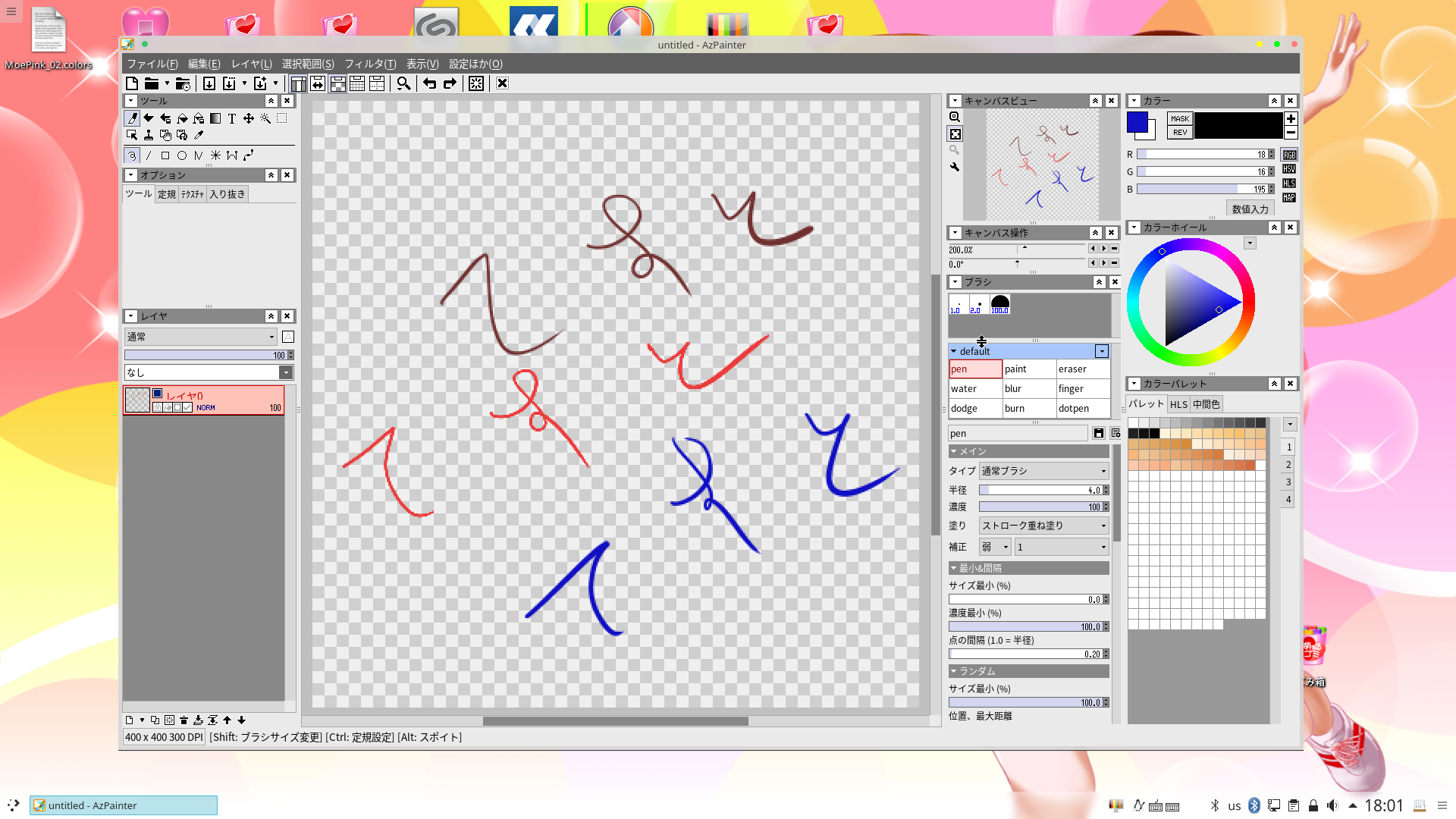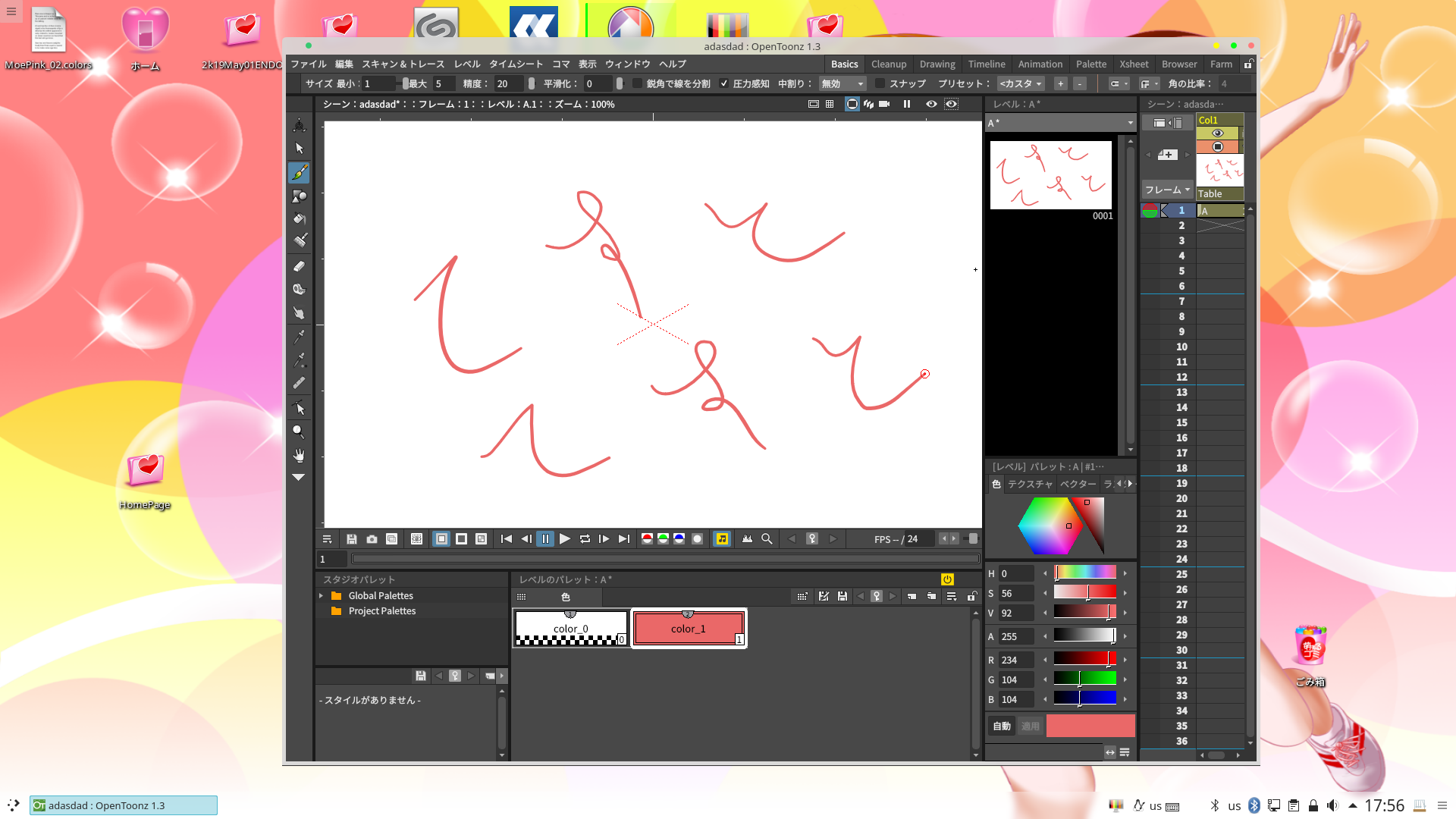This is used digimend kernel module. Original Source Code Please refer original github. https://github.com/DIGImend
If you're using Debian or a derived distro, such as Ubuntu, and are installing a release, please use the .deb package. If you're not using a Debian-based distro, or the .deb package didn't work, you can install the driver using DKMS, or manually, as described below.
Source is either an unpacked release tarball (.tar.gz file), an unpacked source code archive downloaded from GitHub (.zip file), or source code checked out from Git.
Before installing from source in any way, make sure you have the headers for your kernel installed (on Debian-based systems):
sudo apt-get install -y "linux-headers-$(uname -r)"
or (on Fedora-based systems):
sudo dnf install -y "kernel-devel-uname-r == $(uname -r)"
If you get "Error: Unable to find a match" from the above command, make sure your kernel is up-to-date, and if not, update it and try again.
DKMS (Dynamic Kernel Module Support) is a system for installing out-of-tree Linux kernel modules, such as DIGImend kernel drivers. It helps make sure the modules are built with correct kernel headers and are properly installed, and also automatically reinstalls the modules when the kernel is updated.
Installing with DKMS is the recommended way of installing development versions of DIGImend kernel drivers.
To install with DKMS, make sure you have the dkms package installed (on
Debian-based distros):
sudo apt-get install -y dkms
or (on Fedora-based distros):
sudo dnf install -y dkms
After that, run the following command from the source directory to install:
sudo make dkms_install
Watch for any errors in the output, and if the drivers installed successfully, they will be automatically rebuilt and reinstalled each time the kernel is updated.
To install from source manually, first build the drivers. Run the following command in the source directory:
make
Then, to install the drivers, run this command in the same directory:
sudo make install
Note that if you built and installed the drivers this way, you will need to
run make clean in the source directory, and then redo the above, after each
kernel upgrade.
To uninstall a Debian package simply use your favorite package-management tools.
To uninstall a DKMS-installed package execute make dkms_uninstall as root in
the package source directory.
To uninstall a manually-installed package execute make uninstall as root in
the package source directory.
If you've manually installed a version of this package before, please uninstall it before installing another one, using the sources you used for installation.
XP-PEN
○XP-Pen Artist10s
○XP-Pen Artist10sV2
○XP-Pen Artist13.3
○XP-Pen Artist15.6
○XP-Pen Artist15.6Pro
○XP-Pen Artist16
○XP-Pen Artist16Pro
○XP-Pen Artist22HD
○XP-Pen Artist22E
○XP-Pen Artist22Pro
○XP-Pen Artist22EPro
○XP-Pen DECO01
○XP-Pen DECO01V2
○XP-Pen Deco02
○XP-Pen DECO03
○XP-PEN Star01
○XP-PEN Star02
○XP-PEN Star03
○XP-Pen Star04
○XP-Pen Star05
○XP-Pen Star06
○XP-PEN G430
○XP-PEN G540
UGEE
○UGEE M708
○UGEE UG-1910B
○UGEE UG-2200
○UGEE UG-2150
○UGEE EX-07
○UGEE G5
Linux KDE Neon Plasma & Wine
A.ClipStudio
memo:Can not login cloud strage
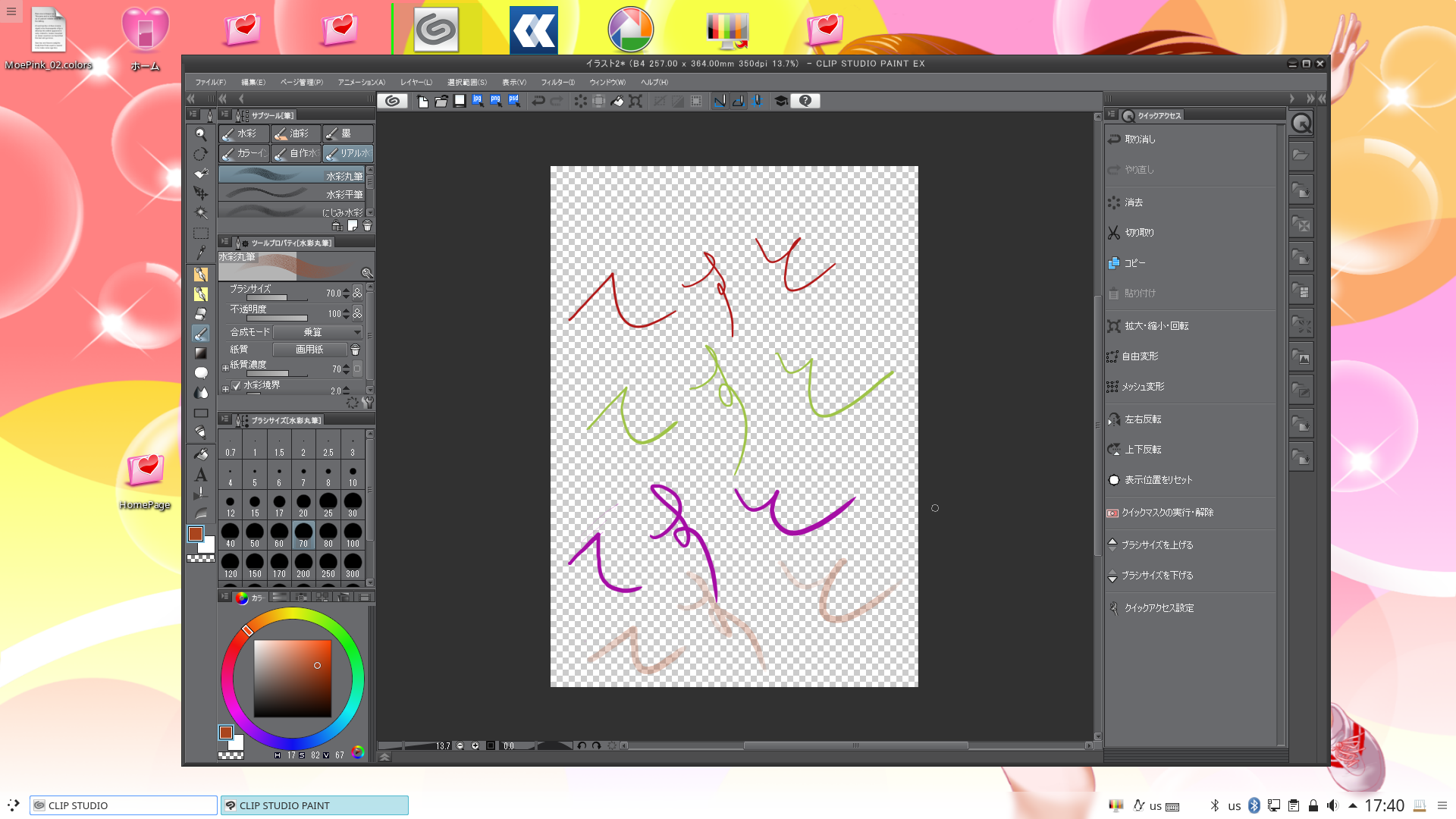
B.OpenCanvas
memo:windows xp or windows2000 are recommended
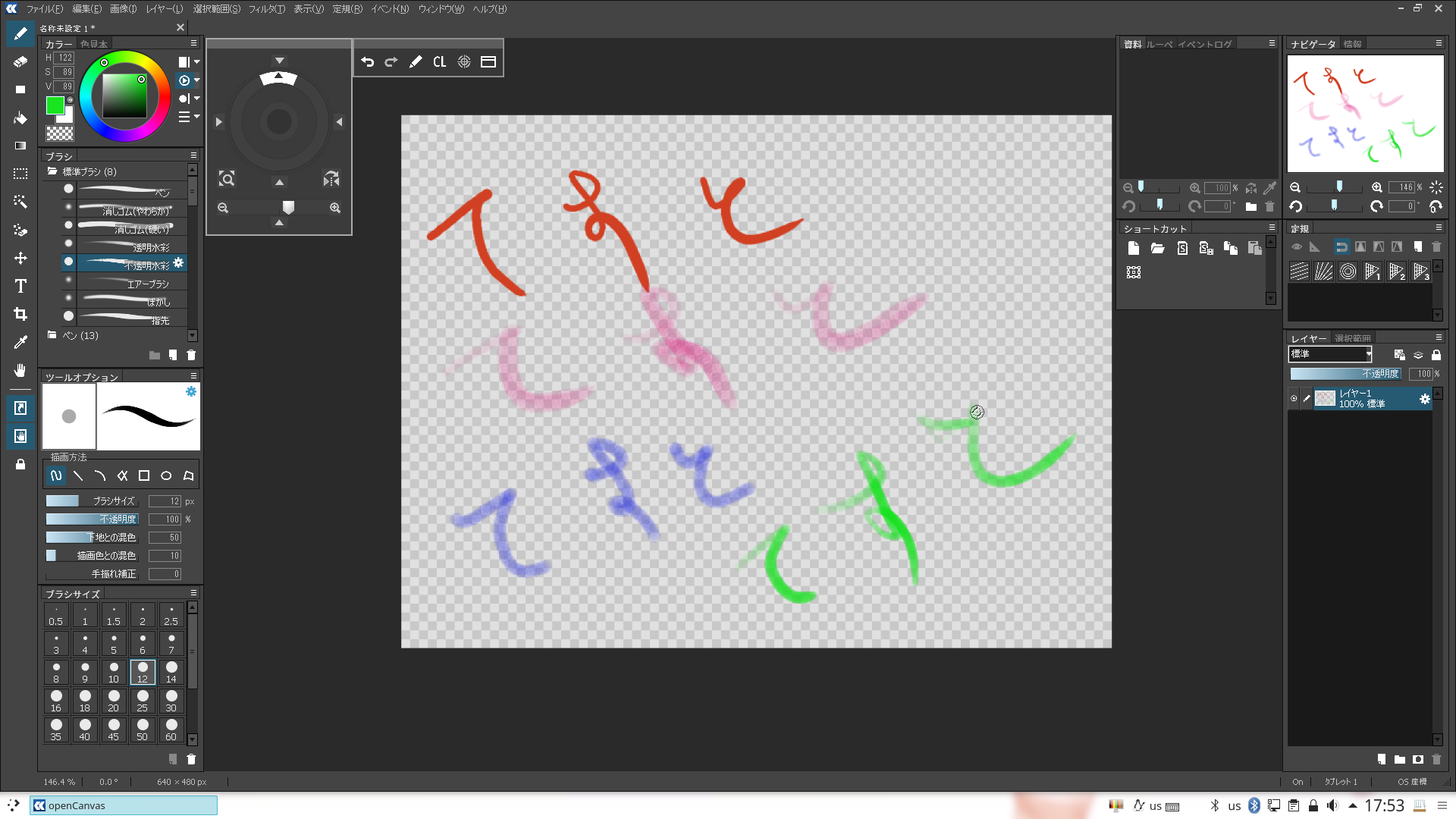
C.SAI2
memo:Can not use multiple tablets together

*Linux KDE Neon Plasma
A.AZ-Painter
B.OpenToonz
Linux KDE Neon Plasma & KDE tablet config & Artist15.6 Pro as dual monitors
A.wacom tablet setting
memo:recognized as wacom. Wacom driver works
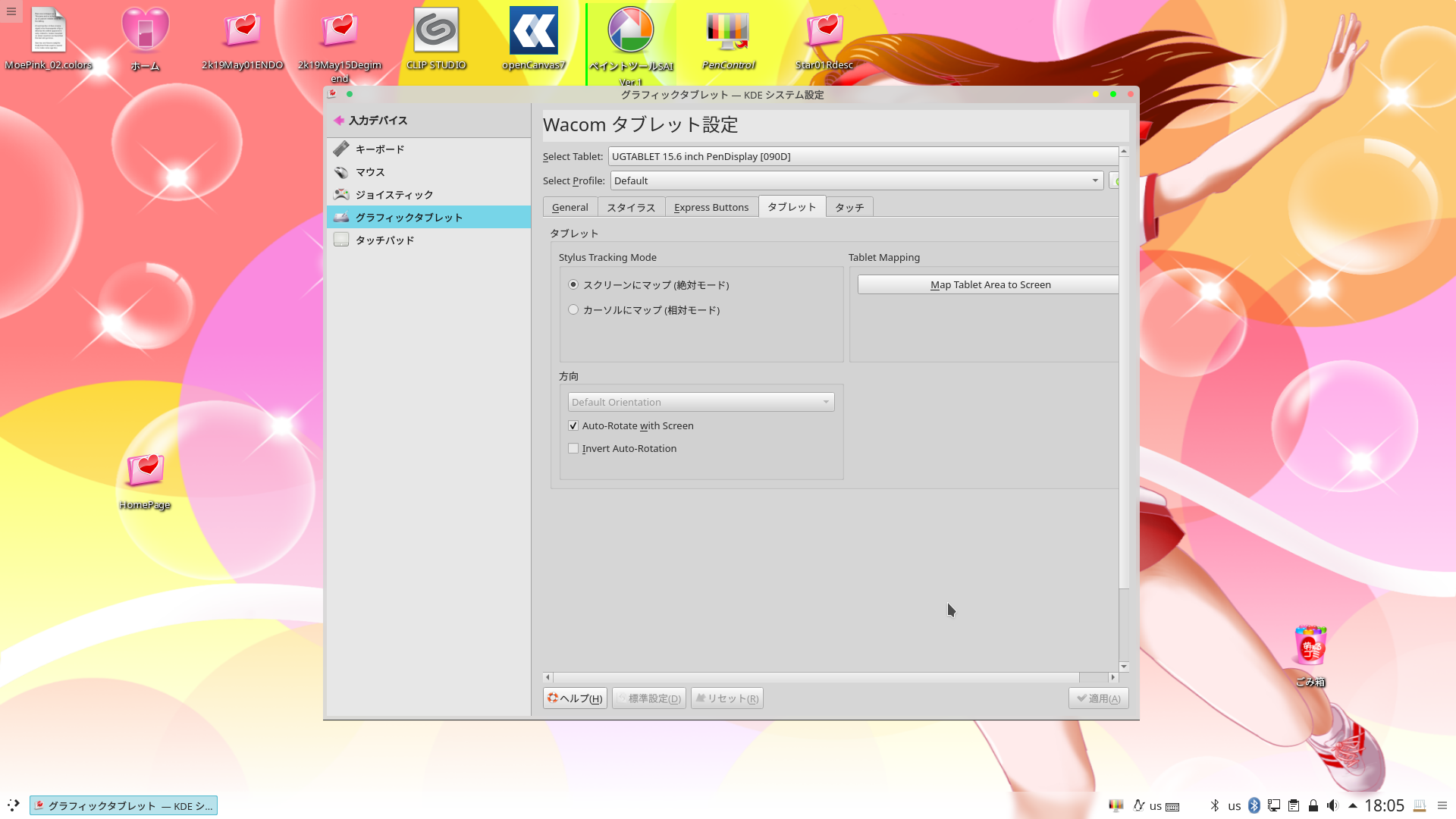
B.MultiMonitorSetting
memo:mirror mode, expantion mode, rotation, vartical, left hand setting, calibrations etc. works

C.Express Key
memo:express key is worked by evdev. Default setting works. Not changeable.

